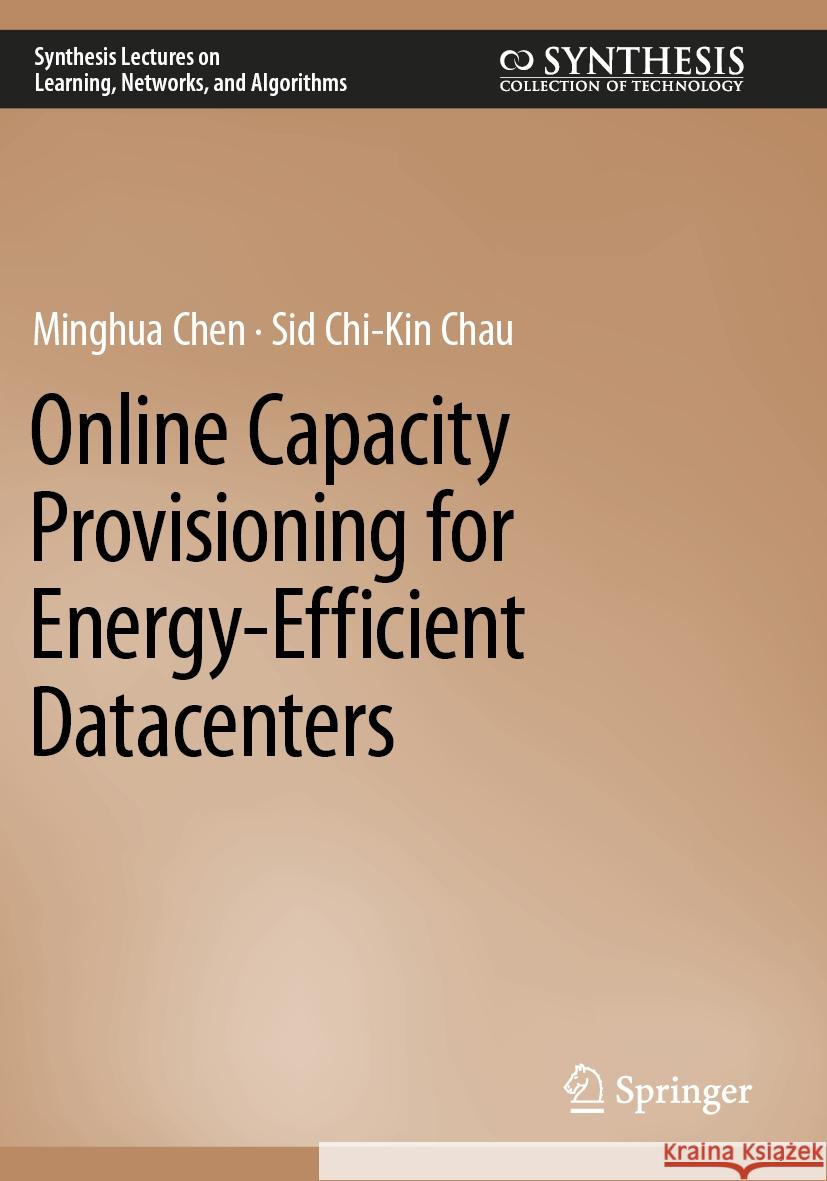Online Capacity Provisioning for Energy-Efficient Datacenters » książka
topmenu
Online Capacity Provisioning for Energy-Efficient Datacenters
ISBN-13: 9783031115516 / Angielski / Miękka / 2023
Online Capacity Provisioning for Energy-Efficient Datacenters
ISBN-13: 9783031115516 / Angielski / Miękka / 2023
cena 202,19
(netto: 192,56 VAT: 5%)
Najniższa cena z 30 dni: 192,74
(netto: 192,56 VAT: 5%)
Najniższa cena z 30 dni: 192,74
Termin realizacji zamówienia:
ok. 16-18 dni roboczych.
ok. 16-18 dni roboczych.
Darmowa dostawa!
This book addresses the urgent issue of massive and inefficient energy consumption by data centers, which have become the largest co-located computing systems in the world and process trillions of megabytes of data every second. Dynamic provisioning algorithms have the potential to be the most viable and convenient of approaches to reducing data center energy consumption by turning off unnecessary servers, but they incur additional costs from being unable to properly predict future workload demands that have only recently been mitigated by advances in machine-learned predictions.
This book explores whether it is possible to design effective online dynamic provisioning algorithms that require zero future workload information while still achieving close-to-optimal performance. It also examines whether characterizing the benefits of utilizing the future workload information can then improve the design of online algorithms with predictions in dynamic provisioning. The book specifically develops online dynamic provisioning algorithms with and without the available future workload information. Readers will discover the elegant structure of the online dynamic provisioning problem in a way that reveals the optimal solution through divide-and-conquer tactics. The book teaches readers to exploit this insight by showing the design of two online competitive algorithms with competitive ratios characterized by the normalized size of a look-ahead window in which exact workload prediction is available.











